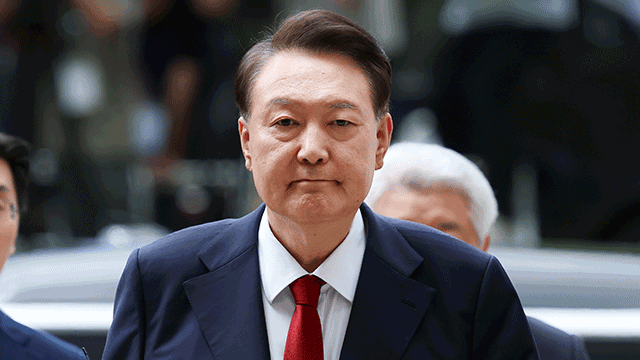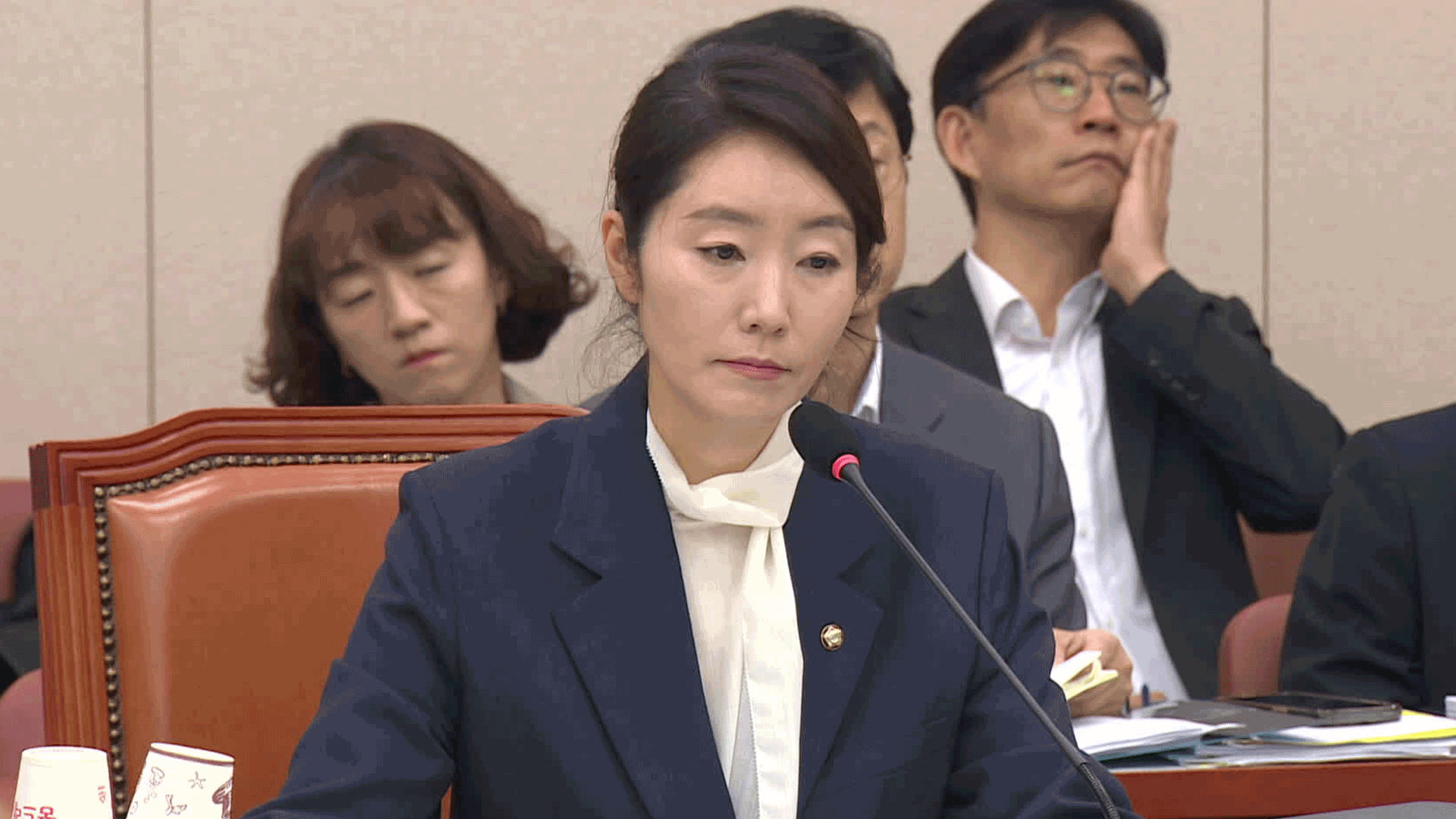[News Today] PLUNGING BIRTH RATE IN N. KOREA
입력 2024.09.09 (16:13)
수정 2024.09.09 (16:15)
읽어주기 기능은 크롬기반의
브라우저에서만 사용하실 수 있습니다.
[LEAD]
North Korea is also grappling with serious low birth rate issues. In response, families with multiple children are receiving priority access to new homes in Pyongyang, alongside additional benefits like hospital services. We look into North Korea's measures to address this demographic challenge.
[REPORT]
North Korea's 5th National Conference of Mothers was held late last year for the first time in 11 years.
At the time, Kim Jong-un brought up the issue of the falling birth rate at an official event for the first time.
Kim Jong-un / North Korean leader (Dec. 2023)
Preventing the fertility rate from falling and educating children is our common task that needs to be resolved in a joint effort with mothers.
This means the North Korean leader views the country's plunging birth rate seriously.
North Korea's total fertility rate, which reached nearly 2.7 in the 1980s, has plummeted since then, falling to 1.38 recently.
The regime has laid out measures to boost fertility rate. One of them is housing supply in Pyongyang.
The Rodong Sinmun has reported lately that families with multiple children received newly built apartments in Rimhung Street in the capital on a priority basis. The newspaper added there were hundreds of families eligible for the housing.
Rimhung Street is a new urban development project. The North Korean media once publicized it as modern-style housing.
Women who are pregnant with triplets are eligible for health care support at Pyongyang Maternity Hospital, the top obstetrician hospital in the North. Women with multiple children are also given the title 'maternal hero'.
Choi Ji-young / Korea Institute for National Unification
North Korea's fertility rate is too low compared to its income level. It needs to implement an economic development strategy using cheap labor, but its birth rate is low and the ageing is serious.
However, pundits say given the North's limited resources, measures to boost fertility rate have numerous limitations and the percentage of working women continues to rise, meaning reversing the birth rate will likely be challenging.
■ 제보하기
▷ 카카오톡 : 'KBS제보' 검색, 채널 추가
▷ 전화 : 02-781-1234, 4444
▷ 이메일 : kbs1234@kbs.co.kr
▷ 유튜브, 네이버, 카카오에서도 KBS뉴스를 구독해주세요!
- [News Today] PLUNGING BIRTH RATE IN N. KOREA
-
- 입력 2024-09-09 16:13:57
- 수정2024-09-09 16:15:07
[LEAD]
North Korea is also grappling with serious low birth rate issues. In response, families with multiple children are receiving priority access to new homes in Pyongyang, alongside additional benefits like hospital services. We look into North Korea's measures to address this demographic challenge.
[REPORT]
North Korea's 5th National Conference of Mothers was held late last year for the first time in 11 years.
At the time, Kim Jong-un brought up the issue of the falling birth rate at an official event for the first time.
Kim Jong-un / North Korean leader (Dec. 2023)
Preventing the fertility rate from falling and educating children is our common task that needs to be resolved in a joint effort with mothers.
This means the North Korean leader views the country's plunging birth rate seriously.
North Korea's total fertility rate, which reached nearly 2.7 in the 1980s, has plummeted since then, falling to 1.38 recently.
The regime has laid out measures to boost fertility rate. One of them is housing supply in Pyongyang.
The Rodong Sinmun has reported lately that families with multiple children received newly built apartments in Rimhung Street in the capital on a priority basis. The newspaper added there were hundreds of families eligible for the housing.
Rimhung Street is a new urban development project. The North Korean media once publicized it as modern-style housing.
Women who are pregnant with triplets are eligible for health care support at Pyongyang Maternity Hospital, the top obstetrician hospital in the North. Women with multiple children are also given the title 'maternal hero'.
Choi Ji-young / Korea Institute for National Unification
North Korea's fertility rate is too low compared to its income level. It needs to implement an economic development strategy using cheap labor, but its birth rate is low and the ageing is serious.
However, pundits say given the North's limited resources, measures to boost fertility rate have numerous limitations and the percentage of working women continues to rise, meaning reversing the birth rate will likely be challenging.
이 기사가 좋으셨다면
-
좋아요
0
-
응원해요
0
-
후속 원해요
0










![[속보] 김건희 여사 특검, ‘건진법사’ 법당 등 압수수색](/data/news/2025/07/15/20250715_VT2Dwn.jpg)

![[단독] “윤석열·김용현 등 공모해 군사상 이익 해쳐”…외환죄 대신 일반이적죄 적용](/data/layer/904/2025/07/20250714_3VTJV3.jpg)


이 기사에 대한 의견을 남겨주세요.